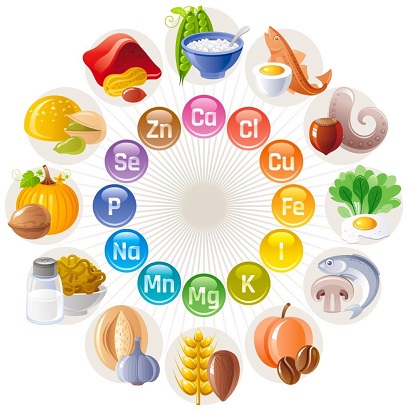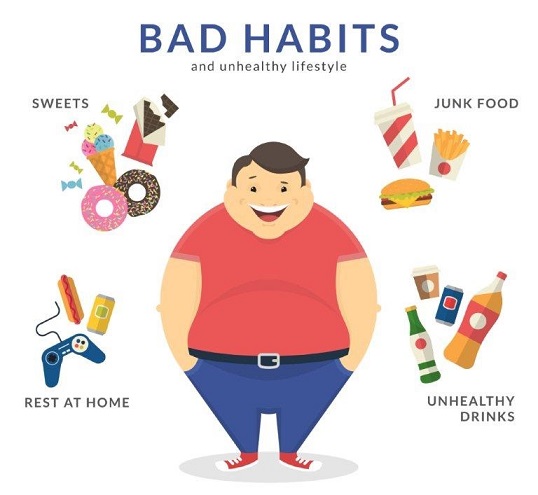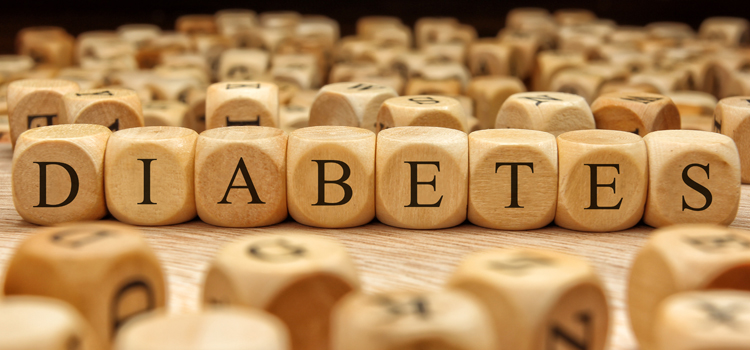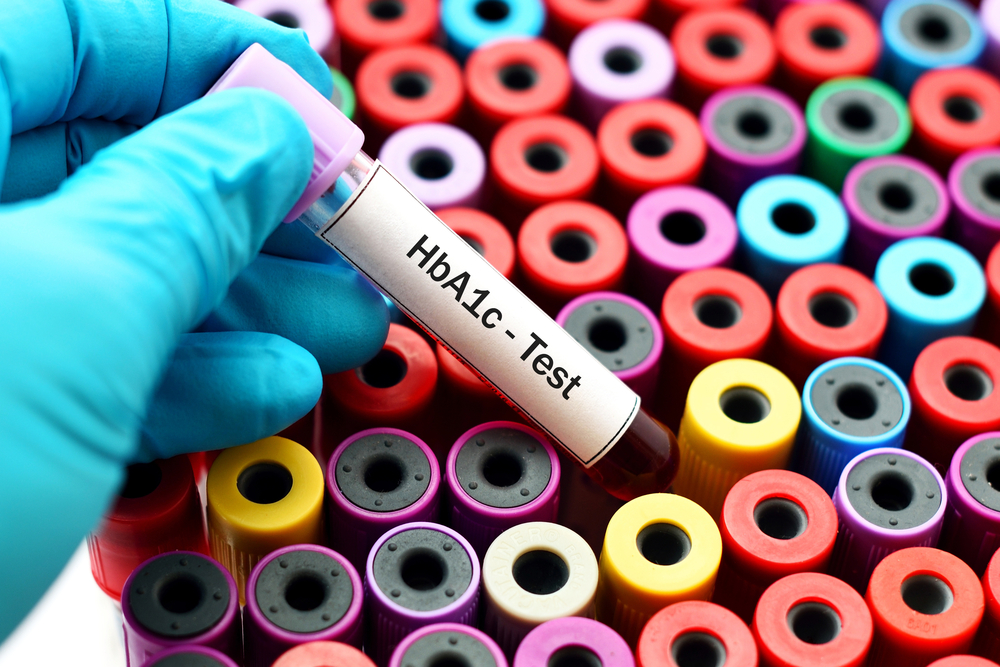What is Hypoglycemia?

Hypoglycemia, commonly called low blood sugar, is a condition characterised by a sudden drop in glucose levels in the bloodstream. While often associated with individuals living with diabetes, hypoglycemia can affect anyone, irrespective of their diabetic status.
What is Hypoglycemia?
In hypoglycemia, the blood sugar levels drop below the normal range, that is, less than 70 milligrams per deciliter (mg/dL). Glucose, obtained from food, is a primary energy source for the body. The pancreas, responsible for producing insulin, regulates the glucose level in the blood. In healthy individuals, when blood sugar levels drop, the body triggers the release of hormones, such as glucagon and epinephrine, to counteract this drop and restore the balance. Hypoglycemia can be classified into several types, each with its causes and characteristics. The main types of hypoglycemia in non-diabetic individuals include:
- Fasting Hypoglycemia: This type of hypoglycemia occurs when an individual’s blood sugar levels drop below normal after fasting, usually overnight or during extended fasting periods.
- Reactive Hypoglycemia: It occurs after a meal, typically within a few hours. It is characterised by a rapid decrease in blood sugar levels triggered by the body’s exaggerated insulin response to the consumption of high-carbohydrate foods.
What are the Causes of Hypoglycemia?
Hypoglycemia can be triggered by various factors, including:
- Excessive Alcohol Consumption: Alcohol can interfere with the liver’s ability to release stored glucose into the bloodstream, causing low blood sugar levels.
- Critical Illness: Severe illnesses affecting the liver, kidneys, or heart can disrupt the body’s glucose regulation, leading to hypoglycemia.
- Hormonal Imbalances: Hormonal disorders, such as adrenal insufficiency or deficiencies in growth hormones, can contribute to the development of hypoglycemia.
- Insufficient Food Intake: Skipping meals or not consuming adequate amounts of carbohydrates can cause a sudden drop in blood sugar levels.
What are the Risk Factors of Hypoglycemia?
Here are some common risk factors for hypoglycemia:
- Diabetes, especially when using insulin or certain medications.
- Excessive alcohol consumption.
- Skipping meals or irregular eating patterns.
- Certain health conditions like kidney or liver disease.
- Advanced age, especially in combination with other medications.
- Intense physical activity without adjusting food intake or medication dosages.
What are Hypoglycemia Symptoms?
Recognising low sugar symptoms is crucial for timely intervention and management. Common symptoms include:
- Shakiness or Tremors: Individuals might experience sudden trembling or shakiness, particularly in their hands.
- Sweating: Profuse sweating, accompanied by a feeling of cold or clammy skin, can indicate low blood sugar levels.
- Rapid Heartbeat: A sudden increase in heart rate can be a physiological response to hypoglycemia.
- Fatigue and Weakness: A notable decrease in energy levels and persistent feelings of weakness might signal a drop in glucose levels.
How is Hypoglycemia Diagnosed?
Healthcare professionals use the following methods to diagnose low blood sugar levels before implying hypoglycemia treatments:
- Symptom Analysis: Doctors assess characteristic signs and symptoms associated with low blood sugar levels, such as shakiness, sweating, rapid heartbeat, and irritability.
- Blood Sugar Tests: Various blood tests, including fasting blood sugar tests, random blood sugar tests, and glucose tolerance tests, help measure the current blood sugar levels.
- Continuous Glucose Monitoring (CGM): In some cases, doctors may recommend CGM, a method that involves wearing a device to track blood sugar levels continuously over a specific period, offering comprehensive data for diagnosis and management.
- Assessment of Medication and Lifestyle: Reviewing the individual’s medication regimen, dietary habits, and exercise routine can provide insights into potential factors contributing to low blood sugar levels.
How to Manage Hypoglycemia?
Managing hypoglycemia involves a multi-faceted approach to stabilising blood sugar levels and preventing future occurrences. Strategies include:
- Immediate Glucose Intake: Consuming fast-acting sources of glucose, such as fruit juice, glucose tablets, or candy, can rapidly raise blood sugar levels during an episode of hypoglycemia.
- Regulated Diet: Maintaining a balanced diet rich in carbohydrates, fibre, and protein can help prevent sudden blood sugar drop.
- Regular Monitoring: Individuals at risk of hypoglycemia, especially those with diabetes, should regularly monitor their blood sugar levels and manage their medication or dietary intake accordingly.
- Medical Assistance: Seeking medical guidance and support from healthcare professionals, such as endocrinologists or nutritionists, can provide comprehensive management strategies tailored to individual needs.
Hypoglycemia, a condition characterised by low blood sugar levels, can significantly impact an individual’s well-being and quality of life. Understanding the causes, recognising the symptoms, and implementing hypoglycemia self-care are essential for mitigating the risks associated with this condition. If signs of hypoglycemia are prevalent, it is necessary to consult a doctor for accurate diagnosis and appropriate management.
FAQs
- Is hypoglycemia serious?
Hypoglycemia can be serious, potentially leading to seizures, unconsciousness, or even death if not promptly treated.
- What is the difference between hypoglycemia and hyperglycemia?
Hypoglycemia refers to low blood sugar levels caused by excessive insulin or inadequate food intake, while hyperglycemia signifies high blood sugar levels resulting from insufficient insulin or impaired insulin function.














